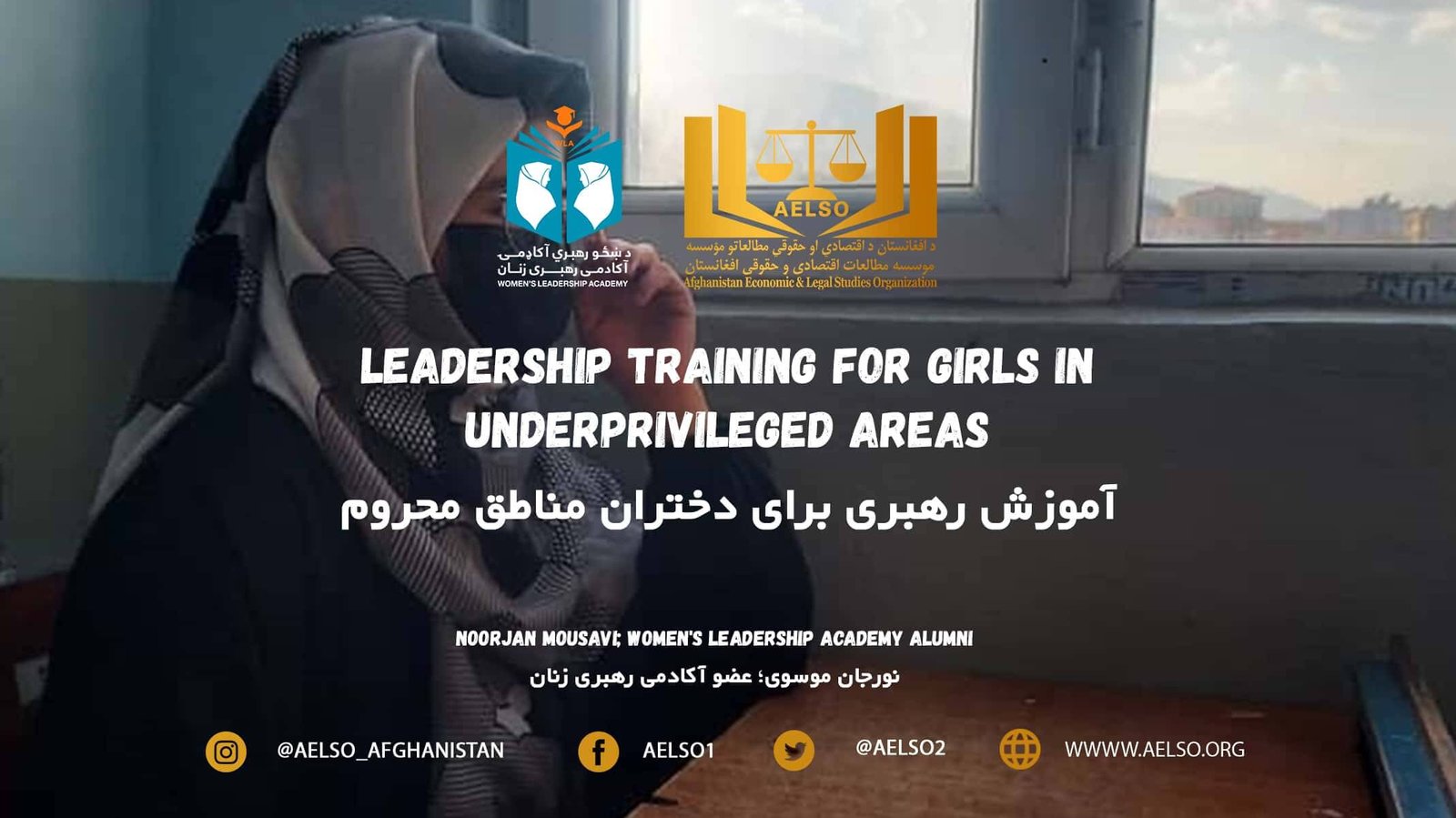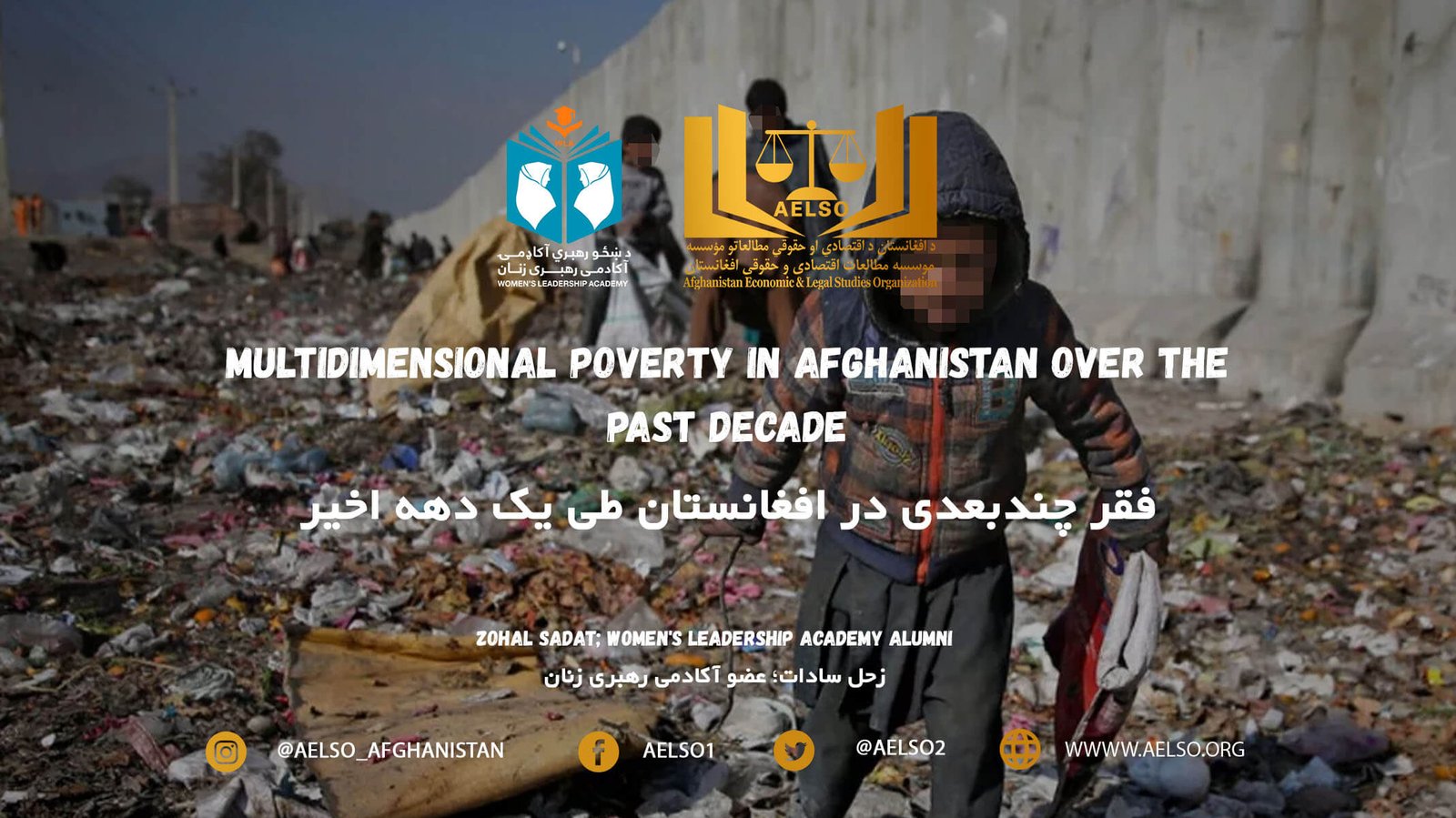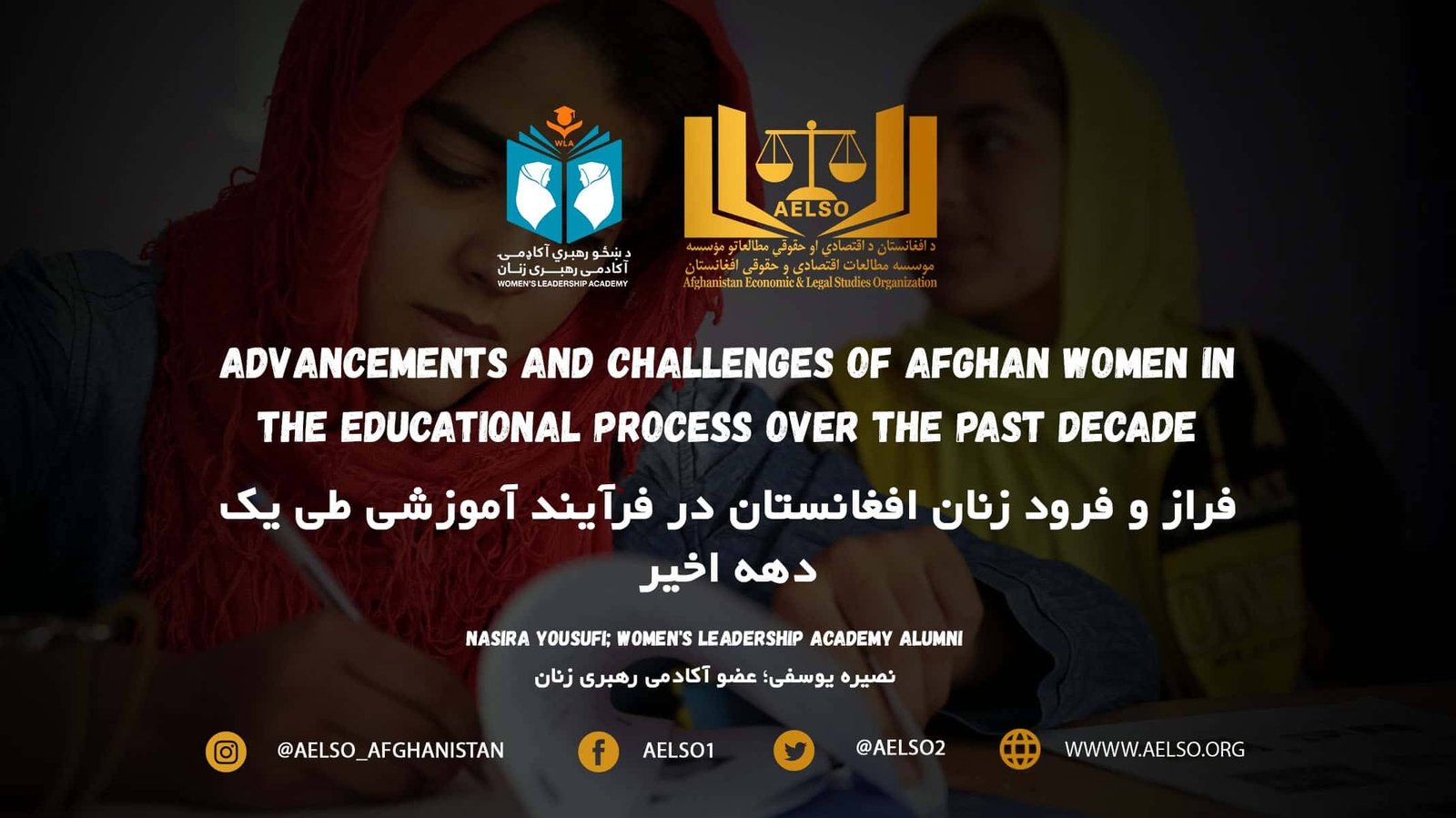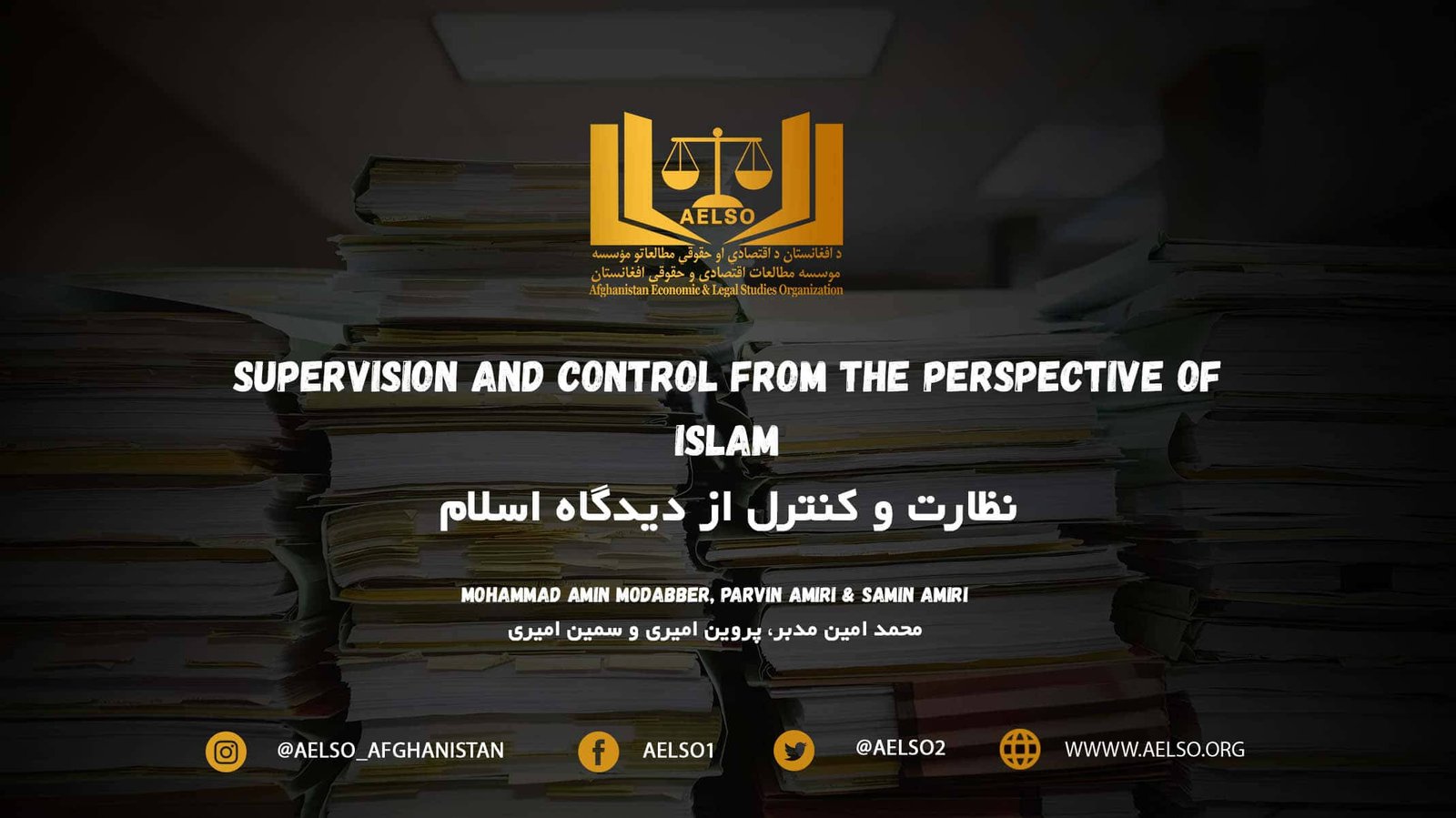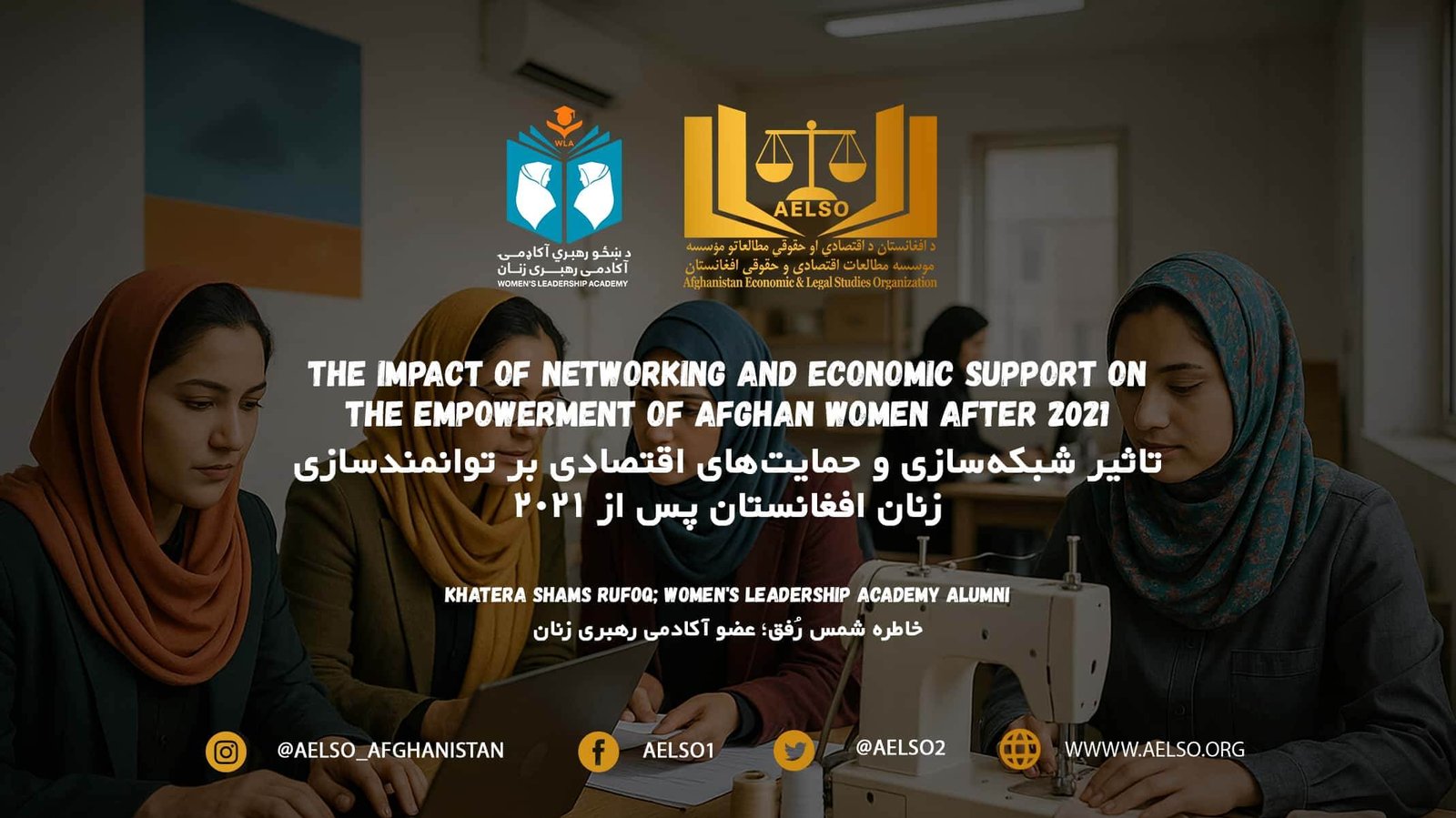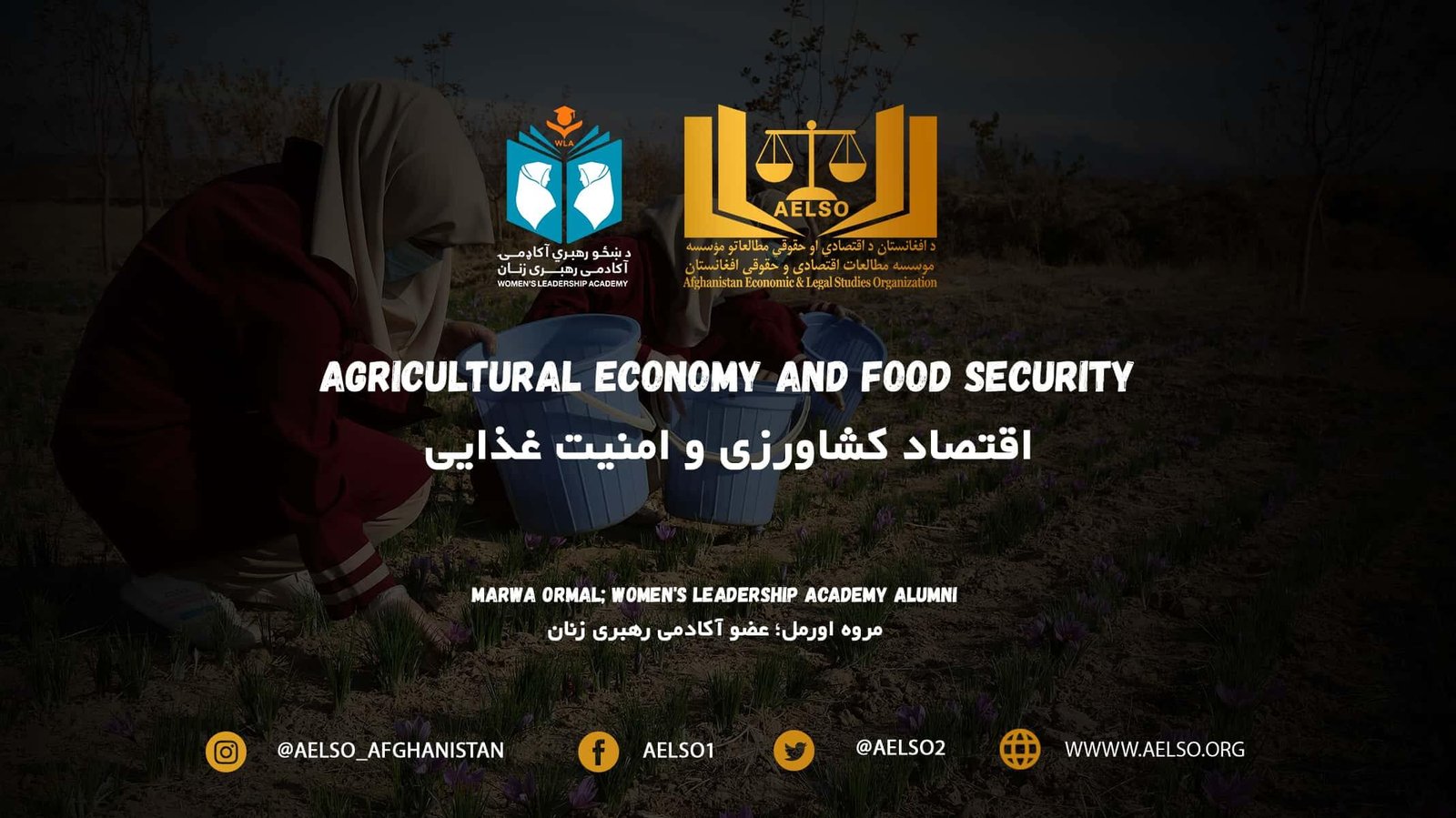Leadership Training for Girls in Underprivileged Areas
Empowering girls in underprivileged areas through leadership skill development is a vital strategy for combating inequality and poverty. This paper examines the challenges faced by girls in these regions — including economic, cultural, and educational barriers — and aims to propose evidence-based strategies for nurturing leadership potential within this group. Research indicates that targeted educational […]
